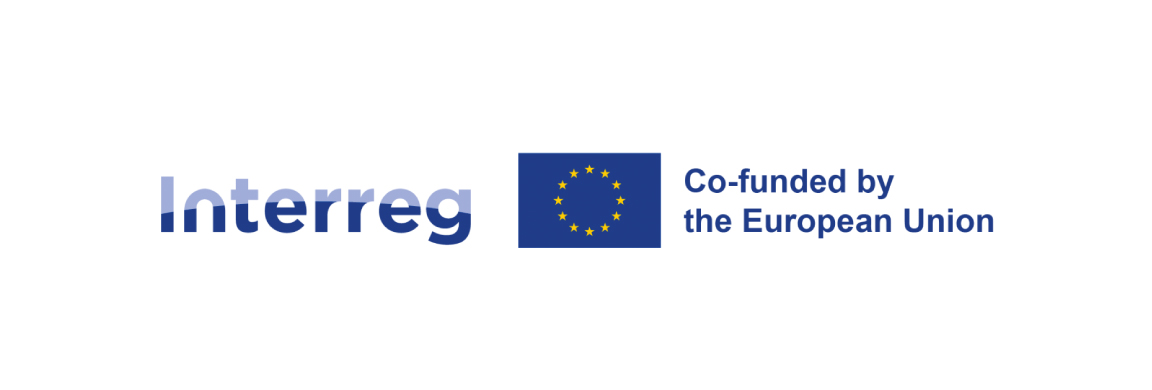Grande allargamento in vista per il Programma Interreg Europe 2021-2027

Nei verbali definitivi del III Comitato di Monitoraggio del Programma IE 21-27 svoltosi a Gothenburg lo scorso 14-15 giugno, Il JS ha comunicato che la modifica delle decisioni di attuazione Interreg 2022/74 e 2022/75 sono attualmente in corso e dovrebbero essere approvata entro la fine del 2023.
Con l’approvazione formale successiva a quella del Comitato di Gothenburg (Svezia) dello scorso giugno, l’area del programma Interreg Europe sarà estesa a 7 nuovi Paesi: Albania, Bosnia ed Erzegovina, Montenegro, Macedonia del Nord, Serbia, Moldavia e Ucraina, e saranno concessi al programma ulteriori 5 milioni di euro di fondi NDICI, i cosiddetti fondi del vicinato che finanziano anche il Programma Next Med 2021-2027.
I negoziati sui finanziamenti IPA disponibili sono attualmente ancora in corso.
Come raccomandato dalla DG Regio, la modifica del programma di cooperazione (CP) avverrà in due fasi:
- Nel settembre 2023 verrà presentato il CP con le modifiche riguardanti l’estensione ai 7 nuovi Stati partecipanti ed il budget FESR si trasformerà in budget INTERREG (budget comune) in quanto includerà anche la quota di fondi NDICI.
Poiché il finanziamento con lo strumento di vicinato, cooperazione allo sviluppo e cooperazione internazionale (NDICI) proviene dal bilancio 2023, dovrà essere nuovamente impegnato entro la fine dell’anno.
- Non appena l’importo della quota di finanziamento IPA (proveniente dai budget 2024 o 2025) sarà confermato dalla CE, verrà presentata una ulteriore modifica al CP al fine di includere anche la quota IPA nel budget INTERREG.
Una grande innovazione ed integrazione di fondi, tra il classico fondo FESR e i “nuovi” strumenti NDICI e il già conosciuto IPA. La politica europea del periodo 2021-2027 va sempre più verso l’integrazione degli strumenti di attuazione (Policy Instruments) e di concentrazione di fondi a supporto di fabbisogni reali derivanti dalle grandi crisi dell’ultimo decennio.
Scopri di più sul programma al seguente link https://www.interregeurope.eu/
Great enlargement planned for the Interreg Europe Programme 2021-2027
In the final minutes of the III Monitoring Committee of Interreg Europe 21-27 Programme, held in Gothenburg-Sweden, last 14th and 15th June, the Joint Statement expressed that changes to Interreg 2022/74 and 2022/75 decision implementation process, are currently in progress and that those amends should be approved by the end of 2023.
With the formal approval ensuing that of the Gothenburg Committee last June, Interreg Europe Programme’s area will be extended to seven (7) new countries: Albania, Bosnia and Herzegovina, Montenegro, Moldova, North Macedonia, Serbia, and Ukraine; and an additional €5 million of NDICI (Neighbourhood, Development, and International Cooperation Instrument) funds will be granted to the programme, the so-called neighbourhood funds which also finance the Next Med Programme 2021-2027.
Negotiations on available IPA (Instrument for Pre-accession Assistance) funding are also ongoing.
As recommended by DG Regio, the modification of the Cooperation Programme (CP) will take place in two stages:
In September 2023, the CP will be introduced with the changes concerning the extension to the seven new participating States, and the ERDF budget will be transformed into an INTERREG budget (common budget), as it will also include the share of NDICI funds.
As funding under the Neighbourhood, Development, and International Cooperation Instrument (NDICI) comes from 2023’s budget, it will require a re-commitment by the end of the year.
As soon as the amount of the IPA funding share (coming from the 2024 or 2025 budgets) is confirmed by the EC, a further amendment to the CP will be presented, in order to also include the IPA share in the INTERREG budget.
A great innovation in funds integration between the classic ERDF, the “new” NDICI, and the already known IPA.
European policy for the 2021-2027 period is increasingly moving towards integrating implementation tools (policy Instruments), and concentrating funds to support the real needs that have derived from the great crises of this decade.
Find out more about the program at the following link https://www.interregeurope.eu/


